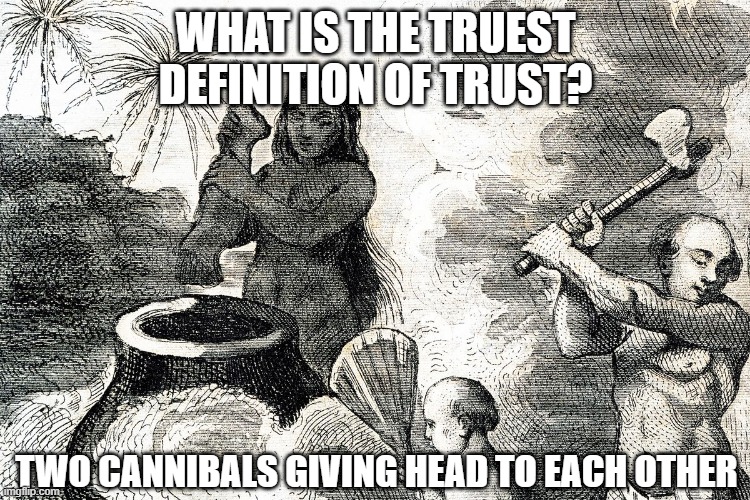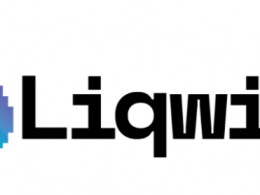Considering the audience of people I have for these articles, it might seem like I’m beating a dead horse when I say that Cardano is a very unique project, even among other blockchains. Yet, with your permission, I’d like to inspect the pulpy mess that once was a horse and talk about something quite interesting – Project Catalyst.
For the latecomers in the audience, Project Catalyst is a series of community-managed funds that are launched every three months (give or take), and which seek to finance interesting and innovative ideas that are useful for the Cardano community. Funding is decided via weighted voting dependent on one’s ADA holdings.
While presently, the money primarily comes from the Cardano treasury, it’s intended that as Cardano’s transaction volume increases, a portion of the network’s transaction fees will be sufficient to pay for the fund’s operations.
In this article, we will be exploring the good and the bad of Catalyst, along with why it’s Cardano’s secret weapon.

A Crash course on Catalyst
One of the major criticisms that Cardano has from outside the community is that of a seeming lack of institutional adoption. It’s a strange criticism, to say the least, as crypto purports to distance itself from the powers that be.
Yet, other communities are so desperate to pump their bags that they happily invite the Venture Capitalists, and the status quo they represent, to their blockchains. Fast forward a couple of years and they’re indistinguishable from the traditional finance world they were supposed to escape from.
On the other hand, Cardano looks inwards. This is why Catalyst is often jokingly referred to as Cardano’s VC, as it aims to collect a portion of fees generated from each transaction and use that money to fund projects that are beneficial to the community.
It’s designed to be community-owned and operated from the ground up, and eschews many of the themes that are typical in funding operations. For instance, you’re not required to let go of business equity or intellectual property upon receiving funding.
The only thing that matters is getting enough votes, and if you fulfil your promises, there are no further strings attached.
Project Catalyst is not designed to turn a profit, or at least not immediately, it’s designed to effectively allocate the community’s joint resources towards things that they find valuable, irrespective of whether or not they make a profit. Ironically, this is one of the key features necessary to generate the network effects required to gain widespread adoption.
Imagine if you had to choose between two internets: one is purely profit-driven, while in the other there are projects that are communal but not necessarily designed to be monetized, like Linux or Wikipedia. Which one would you choose?
The one that’s not optimized for profit, of course! The reason is that there is much more to life than just pumping one’s bags.
Yet somehow the broader crypto industry intends people to live their entire lives on blockchains without acknowledging that life cannot, and indeed should not, be optimized for profit.
Cardano deeply understands the importance of the non-monetized life and this is why it allows the public to decide the shape the ecosystem ought to take. However, as it tallies the votes proportionally according to how much ADA one has, this obviously leans in favour of the already rich parties.
In other words, someone who’s already rich can vote for projects that would personally benefit them, or their friends, while new entrants have a rather tough uphill battle. So, despite the fact that anyone is allowed to put up proposals, it’s advisable to go for less popular categories or to build an audience before trying to win any funds, unless you’re already quite well known.
The oligarchy inherent in proof of stake systems like Cardano is not something that is so easily dismissed, and indeed as it presently stands might not have a clear counterargument beyond sophistry and bluster. But it’s worth mentioning that Catalyst is still in an experimental phase where its operating procedure is subject to change considerably.
With any luck, we may yet find a solution that is both fair, and democratic as well as incentivises long term thinking over short term populist policies.
The issues highlighted in the following section are not meant as an attempt to bring down the project, but mainly to point out potential pitfalls for new entrants to consider.

Trust the Process
Each Catalyst cycle of proposing, voting and funding has a “challenge” that it seeks to address. Within this challenge, there are categories that address different aspects of the theme.
However, as is perhaps unavoidable when large piles of cash are divvied up, these categories and even the challenges themselves are the subjects of occasional controversy. For instance, some people might believe that some categories are frivolous, or much too political, or that too much of the fund is dedicated towards them.
How deep you want the drama rabbit hole to go is entirely dependent on you. It’s basically office politics meets government bureaucracy sprinkled with some tech startup nonsense for good measure.
In theory, there are 3 phases that each fund undergoes:
- Innovation – Ideas are proposed, refined and reviewed by users;
- Governance – Users register their wallets, up/downvote proposals, then votes are tallied; and
- Execution – Funds are paid out, and reviewed every month.
“In theory” being the key phrase. If you delve into Catalyst long enough, you’ll notice some curious bits and bobs. For starters, it’s difficult to get concrete information regarding Catalyst. Official sources, even on the same website, can contradict each other, or they’re outdated, or what they say isn’t necessarily what happens in practice.
Much to the chagrin of people participating in the system, any date given is far from written in stone – dried mud at best – as it’s subject to change at random and with seemingly little explanation. It also bears mentioning that the system is accidentally evolving into becoming quite abusable.
Partially in a bid to encourage people to apply, the execution phase where budgets and progress are reviewed on a regular basis has devolved into rubber stamping bureaucracy. In my opinion, we should demand some transparency and far more intense accountability when we give money to members of the community.
More broadly though, we should stop acting as if Catalyst funds aren’t our money. Every ADA holder is a partial owner of these funds. I am not going to name and shame individuals as this is not an exposé, but there have definitely been people who abuse the public’s trust and/or misused the funds given to them.
When these funds are mismanaged they are wasting YOUR money, not IOHK’s.
Being the squeaky wheel who always demands proof for a project’s claims, as well as timely updates, might not be a popular measure, either because people might underestimate its importance, or fund winners have it in their best interests to downplay its utility as well. But it’s a necessary role.
All in all, it’s a dangerous cocktail of indifference that we must overcome if we are to mature as an ecosystem.
Conclusion
Catalyst has fantastic promise, and considering we’re only at the ninth fund and it has already been responsible for giving the seed funding for Minswap, which became the largest Cardano DEX, we’re going in a good direction.
Yet, the large amounts of money involved in the protocol inevitably attract both the greedy and the unscrupulous. Already we’re beginning to see the start of moneyed interests, coiling and strangling the potential of this great protocol.
This is a danger that we must overcome, and the Cardano community has my trust that in time they will be able to do so. We must remain vigilant though, and take back the ground that our ignorance has ceded to these parasitic forces.
Catalyst, if used appropriately, may yet become Cardano’s secret weapon. But we must be careful, lest it falls under the wrong hands.
If you’re in Crypto or TradFi looking for someone to ghostwrite content for you or consult regarding your content strategy, please do not hesitate to message me. I’m a full-time content producer.
In either case, if you delegate to [FLAN] you can win exclusive Flan Clan NFTs, along with other surprises. Delegating to FLAN helps support my content, and widen the amount of material available to you guys!
Finally, if you would like to more directly support this project and help me pay rent, I’ll also pass on the tip hat:
- Adahandle — $flantoshi
In the unlikely scenario where you haven’t already, feel free to join the community over at @flantoshi on Twitter.










